Syrian President Bashar al-Assad has resigned and fled the country, according to the Russian foreign ministry, after a stunning offensive by rebels who seized the capital city of Damascus on Sunday.
Amid scenes of jubilation in the streets, the rebels proclaimed that “the city of Damascus is free from the tyrant Bashar al-Assad” and that “Assad has fled” after various factions encircled the capital from the north and the south.
“The future is ours,” said Abu Mohammad al-Jolani, the leader of the triumphant Hayat Tahrir al-Sham Islamist group, in a statement read out on Syrian state television.
“There is no going back,” Jolani added, referring to the start of the revolt more than a decade ago.
On Sunday, the foreign ministry of Russia, a longtime backer of the Assad regime, said the Syrian president had resigned, left the country, and ordered a peaceful transition of power after the fall of Damascus.
The spectacular collapse of the Assad dynasty, which has ruled Syria for 50 years, marked an ignominious end after a lightning 12-day offensive led by HTS.
The group, which was once an affiliate of al-Qaeda, rocked the country by seizing Aleppo, Syria’s second city, within 48 hours and then marching south towards the capital.
Regional officials suspect Assad fled to either Russia or the United Arab Emirates, the first Arab state to re-engage with Damascus after Syria was isolated following the eruption of its civil war.
“Assad is gone,” US president-elect Donald Trump posted on his Truth Social network. “Russia, led by Vladimir Putin, was not interested in protecting him any longer.”
In a statement that did not mention Assad, the Syrian foreign ministry marked what it called “a new page in Syrian history” and referred to “a national oath and covenant that will bring all Syrians together”.
Israeli Prime Minister Benjamin Netanyahu hailed a “historic day in the annals of the Middle East”, as he argued that his country’s attacks on Iran and the Lebanon-based Hizbollah militant group had set off a “chain reaction” throughout the region.
He added: “We extend a hand of peace to our . . . neighbours who want to live in peace with Israel.”
The US, which keeps about 900 troops in Syria to assist local forces against Isis, said it maintained “the inherent right of self-defence and will take necessary steps to protect our service members deployed to the region”.
The collapse of the Assad regime was met with joy in Damascus. On Sunday, near the city’s Umayyad square, the streets were littered with thousands of bullet casings — remnants of celebratory gunfire that had not stopped since the morning.
“I can’t believe it. Everyone is in the street, everyone is shouting,” said Abdallah, a Damascus resident. “It’s something historical. No one has suffered as much as the Syrian people.”
Videos sent to the Financial Times by a Damascus resident showed people inside the presidential palace, rummaging through rooms and smashing pictures of the Assad family.
A man dressed in civilian clothing appeared on Syrian state TV on Sunday morning declaring that the rebels had “liberated” Damascus and released detainees from “regime prisons”.
But while the news sparked celebrations across Syria, it will also usher in a period of huge uncertainty for a nation shattered and fragmented after 13 years of civil war, and for the wider region.
The country borders Turkey, Israel, Jordan, Iraq and Lebanon. HTS has been working with Turkish-backed rebels who operate under the umbrella of the Syrian National Army.
However, Syria is home to myriad factions and the degree of co-ordination between them all is unclear.
Turkey’s foreign minister Hakan Fidan hailed the end of the Assad regime on Sunday, but also warned that Ankara was concerned that “Isis and other terrorist organisations . . . will take advantage of this process”.
His comments were a reference to Kurdish militants backed by the US as a bulwark against Isis, but seen by Ankara as a threat on its border.
Fidan added that Turkey was in touch with Washington on the issue. “Access to chemical weapons should be blocked,” he said. “The new administration should unite all the people.”
An Arab diplomat said regional powers, including Saudi Arabia, Iran, Iraq, Turkey, Jordan, Russia and Qatar, had held talks in Doha late on Saturday and agreed to co-ordinate efforts and focus on stabilising the situation.
As rebels entered the palace in Damascus, Syrian Prime Minister Mohammad Ghazi al-Jalali said he was ready to work with any leadership chosen by the people and called for unity.
“We are ready to co-operate and all the properties of the people and the institutions of the Syrian state must be preserved,” he said. “They belong to all Syrians.”
Multiple explosions were heard in the city at about 4:30pm on Sunday, with large plumes of black smoke rising above it. At least some of the strikes, whose origins were unknown, hit the Syrian security complex, according to Al Jazeera.
There was no official statement by the Syrian presidency, the military or state media about Assad or the situation in the country.
Assad, a London-trained eye doctor, had ruled Syria since 2000, when he succeeded his late father Hafez al-Assad. The civil war broke out in 2011 after his forces brutally sought to put down a popular uprising.
He managed to cling to power with the backing of Iran and Russia, which provided vital air power. His regime had regained control over most of the country in recent years.
But he presided over a hollowed-out, bankrupt state and even many among his own Alawite community appeared to have given up on the regime after years of conflict and economic hardship.
When HTS mounted its offensive on November 27, regime forces seemed to melt away, while Russia, Iran and Hizbollah, the Lebanese militant movement, were all distracted by their own conflicts.

“Russia and Iran are in a weakened state right now, one because of Ukraine and a bad economy, the other because of Israel and its fighting success,” Trump posted, calling for “an immediate ceasefire and negotiations” to end the Ukraine war.
The rebels’ success is a humiliating blow to Iran, whose support for Assad had given it a “land bridge” across Syria to Lebanon, home to its most important proxy, Hizbollah.
On Sunday, Iran’s foreign ministry urged respect for Syria’s “territorial integrity” and called for “an immediate end to military conflicts” in the Arab state, according to an official statement.
It is also a setback for Russia, which gained access to air and naval bases on the Mediterranean after intervening in the war in 2015.
On Sunday, Russia said its military bases in Syria were “on high alert”. Moscow said there was “no serious threat to their security”, but Russian military bloggers said it was preparing to evacuate its Khmeimim air base and its naval base in Tartus.
John Foreman, a former UK defence attaché in Moscow, said the bases’ loss would be “a major strategic reversal” for Russia.
He added that without them it would be “harder for the Russian navy to maintain an enduring maritime presence in the Mediterranean or Red Sea to challenge Nato”.
Additional reporting by Max Seddon in Berlin, John Paul Rathbone in London and Neri Zilber in Tel Aviv
Cartography by Steven Bernard

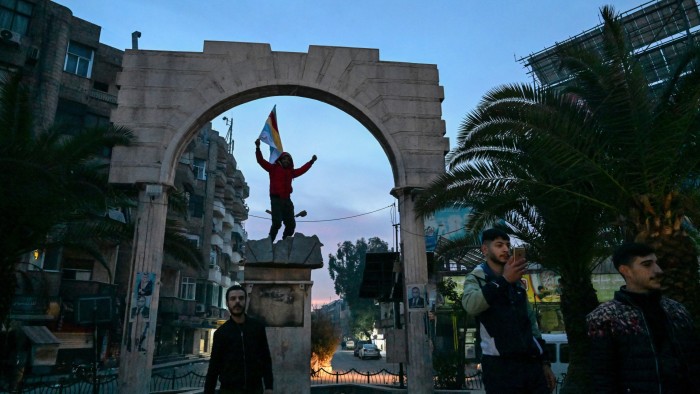


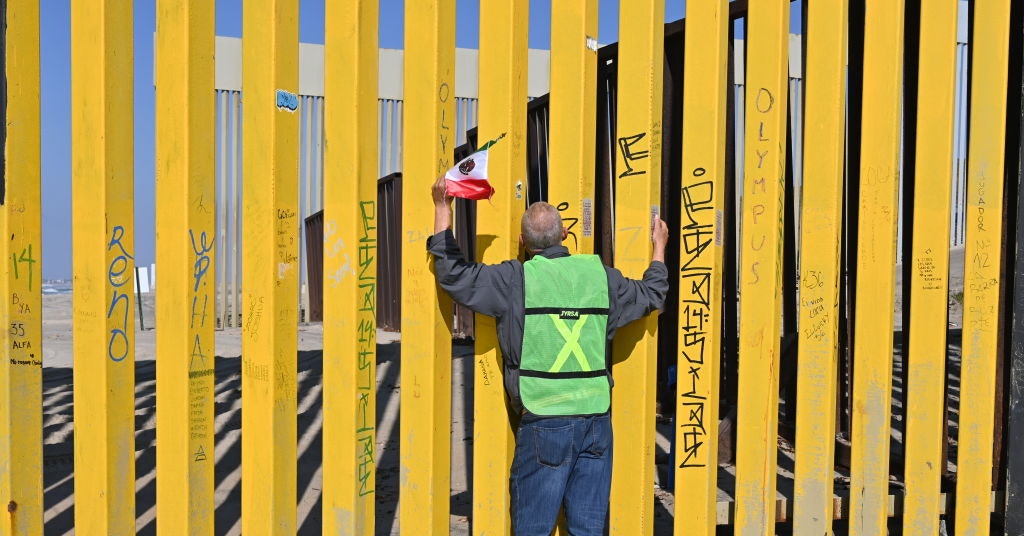


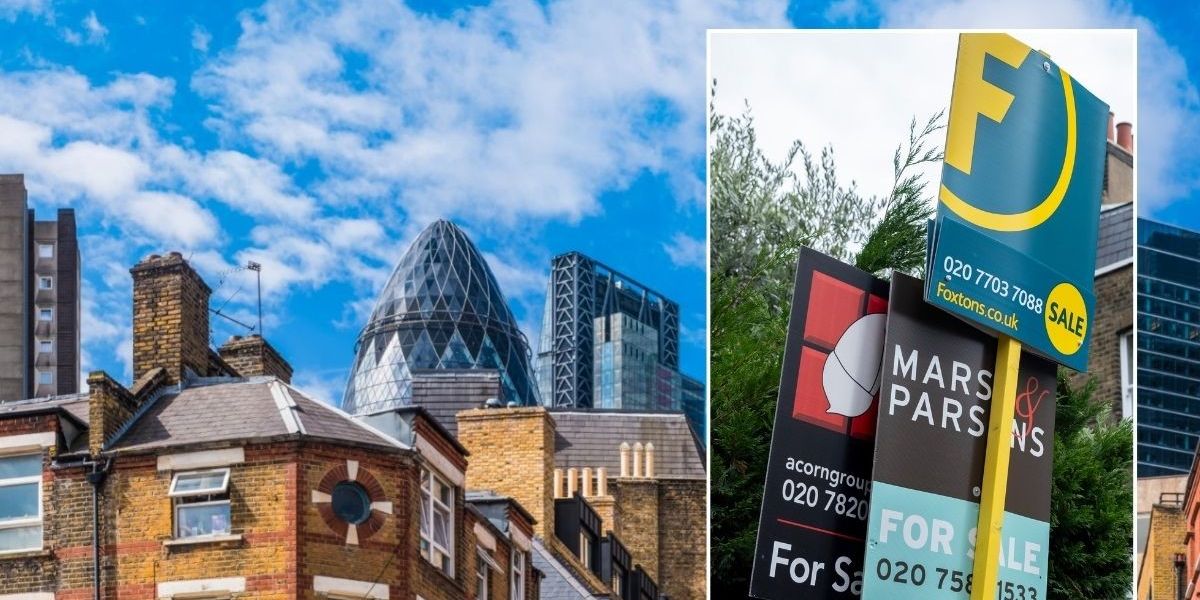
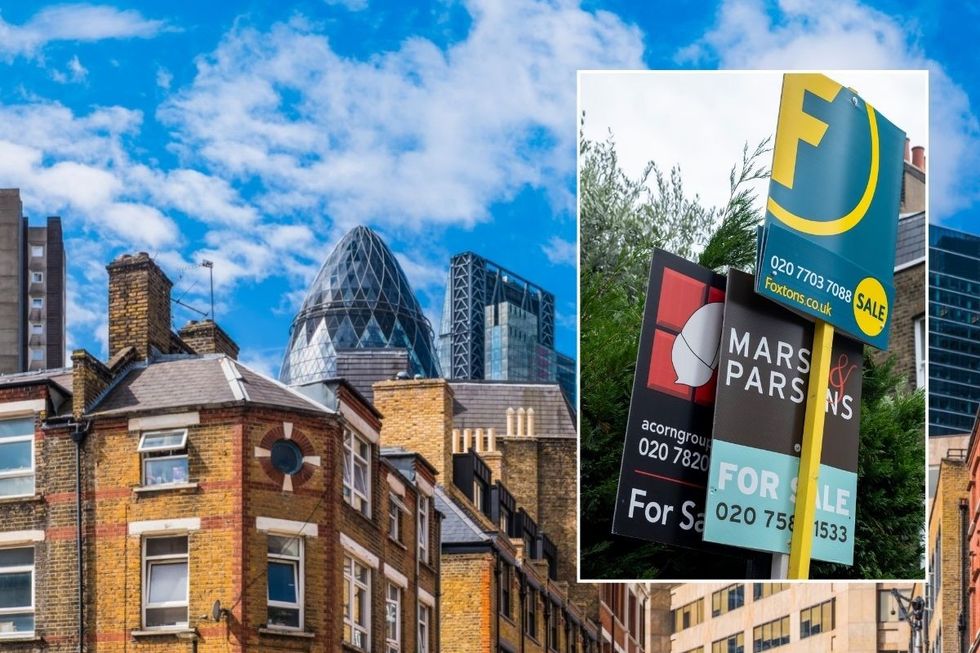
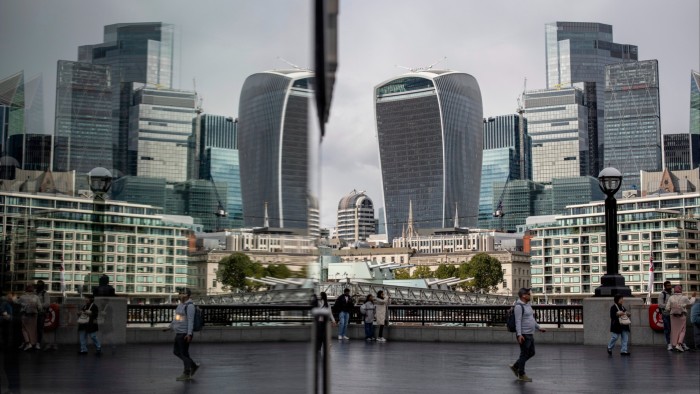




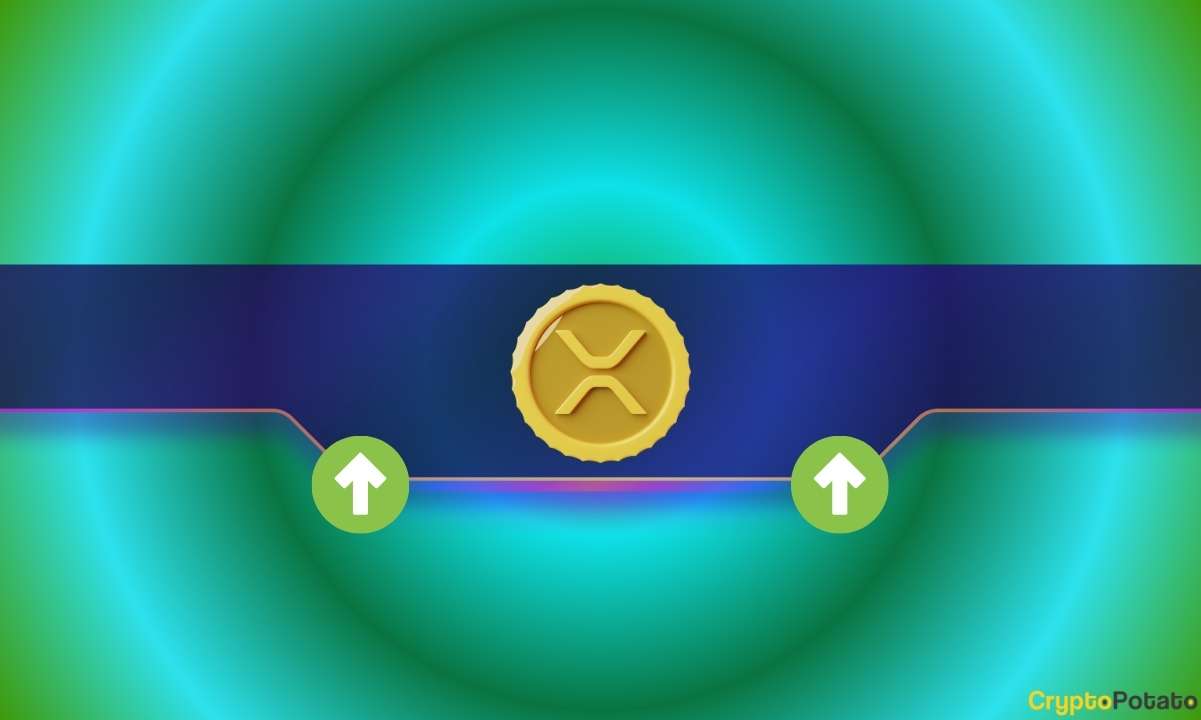
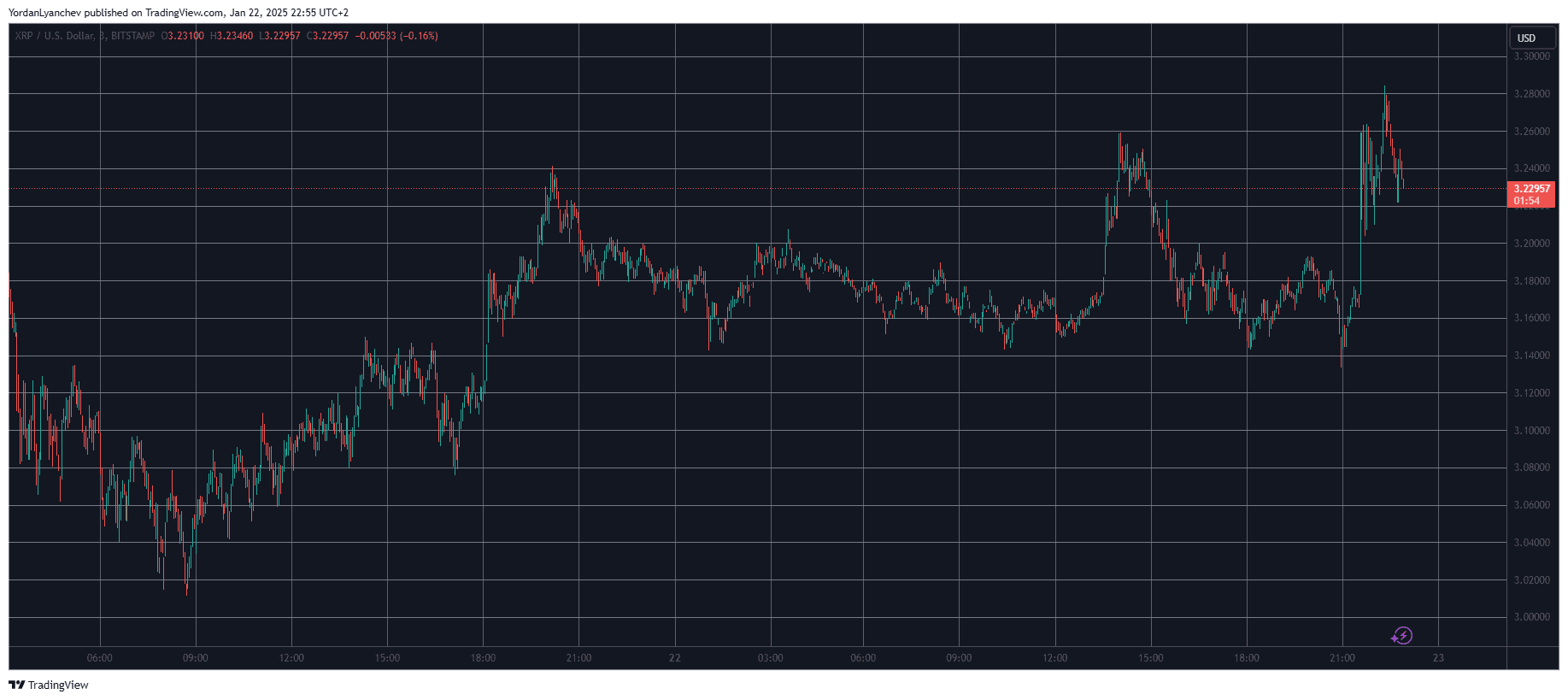
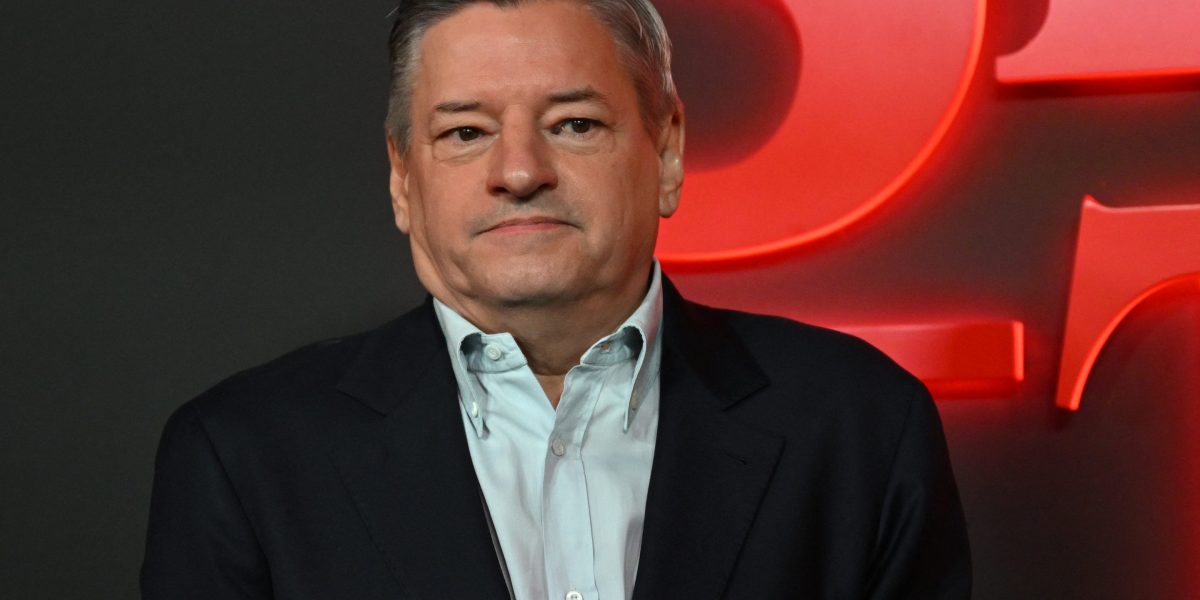













You must be logged in to post a comment Login